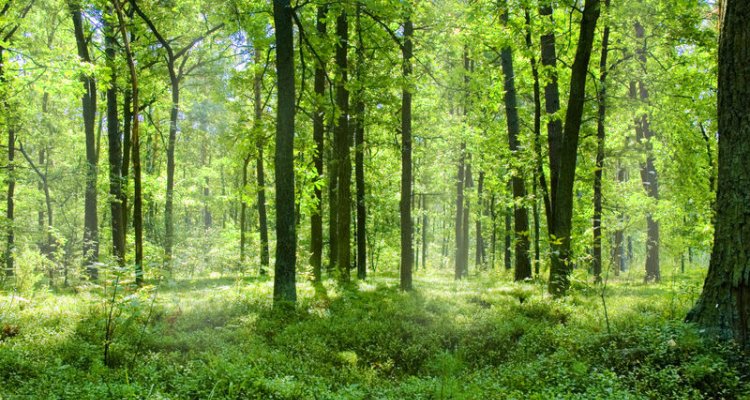
News
Symposium Nature Connectedness
A Morning of Collaboration: Exploring Health and Environment Research
The day started with a morning program dedicated to PhD Candidates working on topics linking environment and health. A dozen PhD students and researchers from various chair groups (HSO, GEO, LAR, FNP) attended. As part of this Prof. David Sheffield from the Nature Connectedness Research Group at University of Derby gave a workshop on “Methods for engaging communities in Health and Environment research” which got the participants discussing about the communities they are working with and what the challenges and opportunities are in this process. The workshop was followed by a networking event during which the PhD candidates had more time to get to know each other and exchange about their work. After a productive and insightful morning, there was time to experience nature connectedness in practice. Ania Ektate from Spectrum guided the participants into an outdoor meditation in the park Blauwe Bergen, close to campus.
An Afternoon of Inspiration: Nature Connectedness for Wellbeing
In the afternoon, Prof. David Sheffield gave an inspiring talk on “Noticing and Appreciating Nature: Nature Connectedness for Wellbeing” in front of a mixed audience of researchers, teachers as well as some practitioners. The talk gave an overview of the work done at the research group at Derby university over the last decade researching nature connectedness – people’s sense of relationship with the rest of the natural world. He elaborated on the wellbeing benefits of a closer relationships with nature, and how noticing and writing down three good things in nature daily can have a significant effect for improving nature connectedness and the wellbeing of people. And it is not only people who are benefitting from a better relationship with nature. People who feel more connected to nature are also more likely to do something for nature showing what a promising path nature connectedness is for people and nature.
Closing Reflections: Insights and Connections Over Drinks
The afternoon was rounded off with “The Big Nature Connectedness quiz” during which the Health and Environment cluster got to show their work and got the audience to think deeply about questions such as “What is the value of grass?”. Ultimately, the day was concluded with a borrel which gave everyone the possibility to share and process the newly gained insights.
Nature Inclusive Teaching Modules
Are you interested in how to apply the insights gained around nature-connectedness, practically making room for yourself and students to experience meaningful connection to nature? This year the Teaching and Learning Center (T.L.C.) is offering a first round of modules around Nature Inclusive Teaching for all staff at WUR. Module 1, the onboarding module takes place on 17 January, 31 January, 14 February, 28 February 2025, and gives room to explore what Nature Inclusive Teaching is, what it could offer, and which methods you could use. Modules 2 and 3 go deeper into Teaching with nature: exploring and implementing (outdoor) relational teaching methods, and Care in the classroom: supporting students in social-environmental responsibility and anxiety.
The teacher training is a part of a wider effort, initiated with Nature College Foundation and supported by the European eNaBlS project, to bring more nature into the classroom. In the coming years, we will be hosting a Living Lab at Wageningen University, to promote and experiment with nature-inclusive teaching methods and harvest insights that can be shared nationally and internationally. If you are interested in being part of the Living Lab, please contact Lian: lian.kasper@wur.nl.